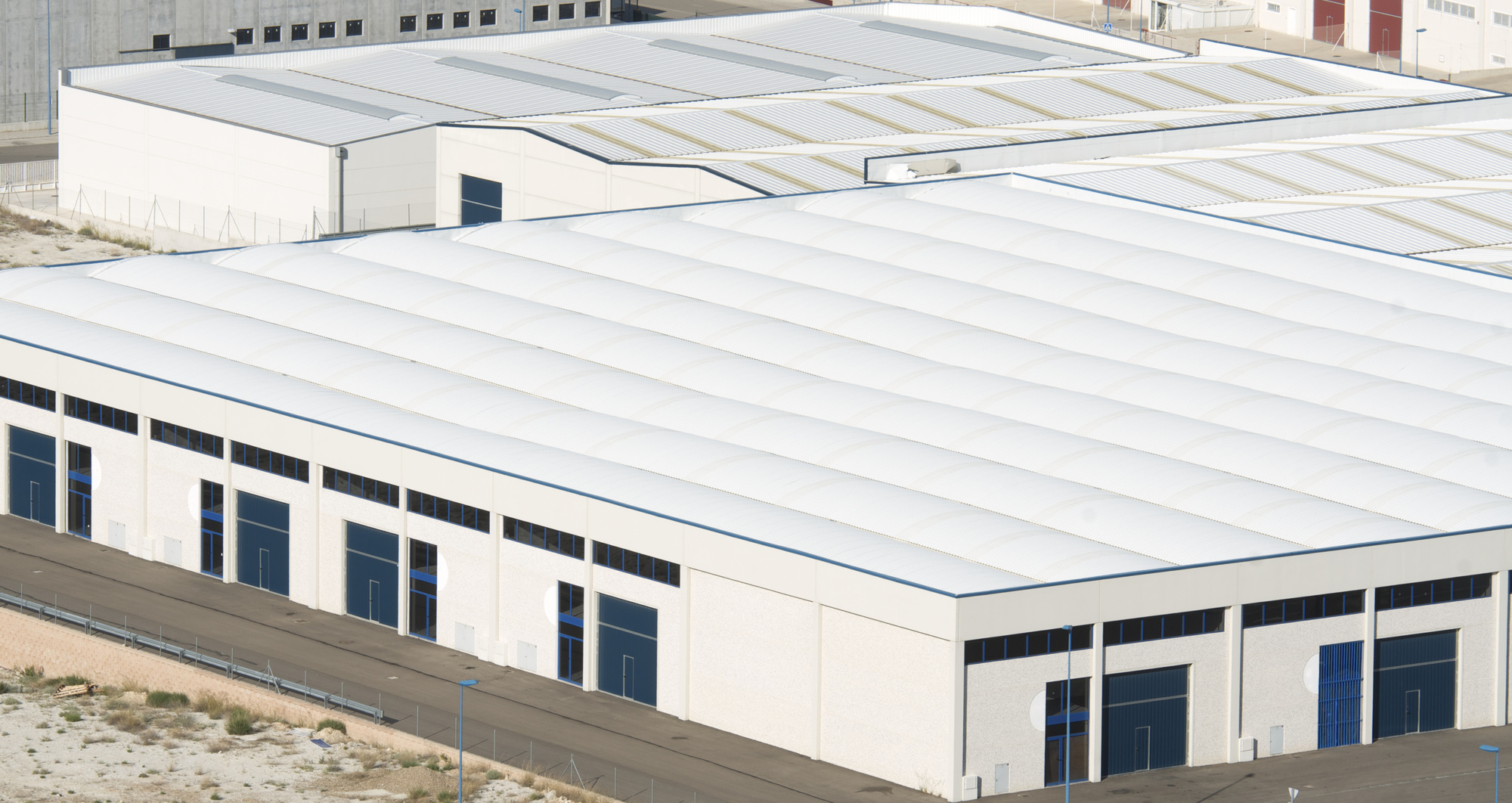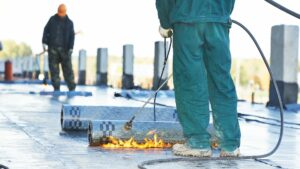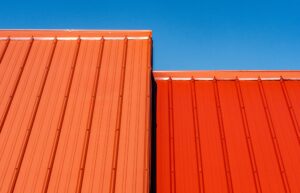Are you looking for a new roof for your building, but you do not know where to start? There are a lot of different types of industrial roofing out there and it can be hard to know which one is right for you.
This guide will help you learn about different types of industrial roofing. You can use this information to decide what kind of roof replacement is best for your business.
Read on to find out more:
There Are Many Types to Choose From
Choosing the right material to use for an industrial roof is not a choice to be taken lightly. Different materials offer various protection levels, fire retardants, and other features. These greatly influence their ideal applications.
There are different types of roofing materials that are appropriate for industrial roofs. These include metal, rubber, and asphalt.
There are other things to think about when you are choosing a building material. You should think about the climate, how much money you have, how strong the material needs to be, and how long it will last.
There are some things you need to think about before you choose what kind of material to use for your project. You need to make sure that it meets your needs and your budget and that it will be safe for people during bad weather.
Metal Roofing Is Really Popular
Metal roofs are a popular type of roofing for industrial buildings. They are made of interlocking panels that fit together to keep water and other elements out.
These metal roofs can get coatings to prevent rust. They also offer excellent protection against moisture, fire, and extreme temperatures.
Fiberglass and foam roof materials can help make your house more energy efficient. They do this by trapping air and reducing indoor temperatures in warm climates.
Also, these materials are durable and easy to take care of, making them perfect for warehouses or manufacturing plants.
Finally, flat rubber roof membranes provide superior insulation for buildings with heavyweight requirements.
Though they take more work to keep up, they work better than other types of industrial roofing. It is worth it to spend more time on them.
Single-Ply Could Also Be an Option
When considering industrial roofing options, single-ply could be the right choice for your needs. Single-ply systems are made with a single layer of synthetic material and often come at an economical cost compared to metal roofing.
The advantage is excellent protection from water, wind, and extreme temperatures.
However, hazardous debris like hail can create punctures or holes that can cause leaks or damage that require expensive fixes. To protect against this risk it may be wise to opt for a metal roof system instead.
Could PVC Be Your Preference
PVC roofing is rapidly becoming the roofing material of choice among industrial buildings due to its many benefits. It is extremely lightweight and highly resistant to chemical exposure.
But it also provides excellent insulation properties, making it an efficient way to save money in the long run on energy costs.
Even though it may cost more money to install a PVC roof, it is a better product that will last for a long time.
If you need a roof for your industrial building, PVC roofing is a good solution because it is reliable and can help you save energy.
Asphalt and Tar
When it comes to industrial roofing, asphalt, and tar might be one of the first materials that come to mind. This type of commercial roofing is often seen in business buildings and industrial warehouses.
Its popularity stems from its ability to withstand extreme temperatures in addition to strong winds and heavy rains.
Installation can be an involved process with multiple layers of asphalt, tar paper, and other materials combined.
Although these roofs have a longer lifespan than many other options, the cost of installation can sometimes drive up prices substantially more than when using alternative products.
Understand the Pros and the Cons
Before determining which type of industrial roof is a good fit for your facility, take the time to consider all of your options. Each material has advantages and drawbacks that you should be mindful of.
For example, metal roofs may have a higher upfront cost. However, they are incredibly durable and even fireproof in some cases.
On the other hand, single-ply membranes provide great protection but they can be vulnerable to damage from debris that accumulates over time.
Additionally, PVC roofs offer good chemical resistance but unfortunately come with a higher initial cost, whilst built-up roofing provides long-term use but the installation process can prove laborious and expensive.
Therefore it is important to understand all the pros and cons of each option when deciding on an industrial roofing system.
5 Questions to Ask Your Roofing Contractor Before Buying
Do You Have Insurance With Full Cover?
You should always ask your roofing contractor about the insurance coverage they have in place. This will make sure that you are protected if any issues arise during or after installation.
What Type of Warranty Do You Offer?
Many roofers offer warranties on their products and services, so make sure to ask what kind of warranty they offer before committing to any type of roofing.
What Is the Expected Lifespan of This Roof?
Different types of industrial roofs come with different expected lifespans, so it’s important to ask your contractor what they expect from the chosen material.
Are There Any Maintenance Requirements?
Most roofs require some level of maintenance and repair over time. Make sure you ask your contractor what the requirements of maintenance are for the type of roofing you are getting.
Do You Have Any Suggestions to Maximize Durability?
Your contractor may be able to offer tips and advice on how to best maintain your new industrial roof, so make sure to ask a professional contractor what they recommend.
Ready to Choose Your Industrial Roofing?
With so many different types of industrial roofing, it is important to have the most up-to-date knowledge about the unique benefits associated with each option.
It’s essential to find a balance between cost and quality when it comes to making your decision. There are many product and material options available, so do your research and consider which is right for you.
For more helpful tips and advice on industrial roofing or other construction services, check out our blog!




